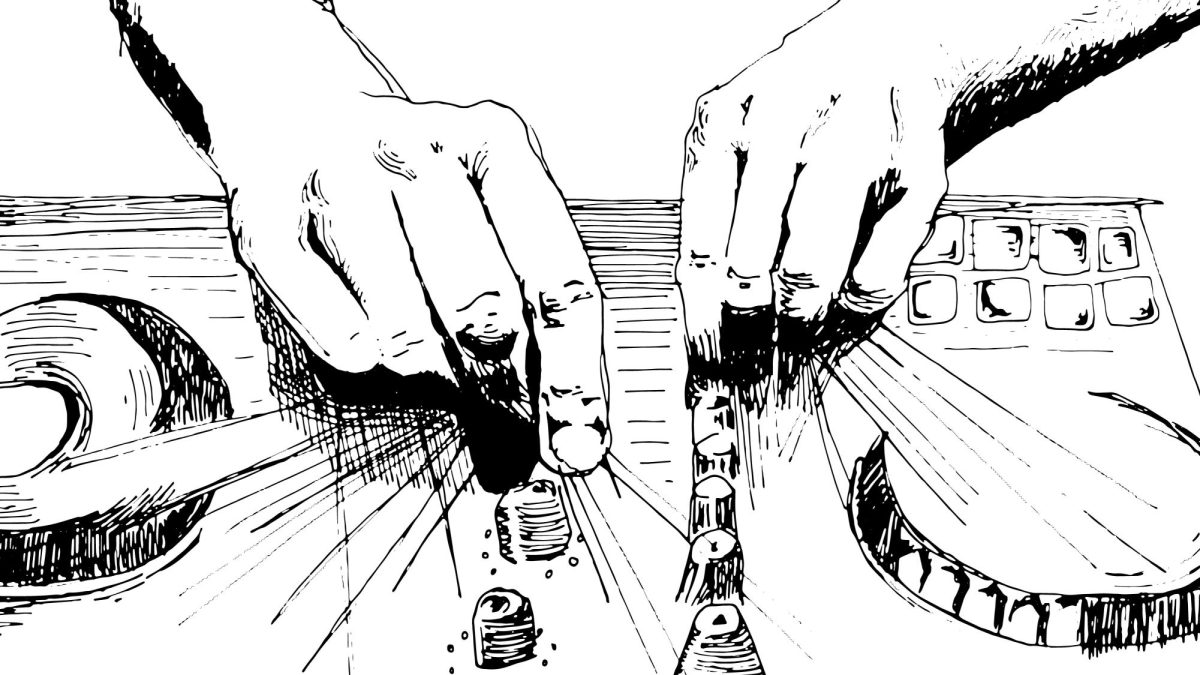“I didn’t want to just listen to the music and be amazed by it. I wanted to create it for myself,” said Emily Ham ’22, a mezzo-soprano who takes voice lessons, attends the opera workshop and performs several times a year at Williams. This year, she was named one of the winners of the annual Berkshire Symphony Student Soloist Competition.
Her fellow winners — Rebecca Christainsen ’21, violist; Christopher Chung ’22, violinist; and Alexandra Medeiros ’20 and Gabrielle Wolfe ’20, piano duettists — expressed similar sentiments.
The Berkshire Student Competition occurs each year in February. Sophomores, juniors and seniors who take music lessons at the College or participate in music-department ensembles and chamber music programs are eligible to compete.
The award for winners is — or was — the chance to perform as a soloist with the Berkshire Symphony Orchestra, a performance which would have taken place this April. Of course, this year, that couldn’t happen.
There are hopes to make up the concert next year. But, as with so many things these days, there are uncertain factors that can complicate plans. Orchestra members have a number of questions: Will students be back on campus? Will concerts be allowed? Will the 75-member orchestra even be able to play together?
Moreover, although three of the winners will still be studying at the College next year, two — duettists Medeiros and Wolfe — are seniors. “I do hope that Williams will bring back the senior winners so that they can perform as well. It really isn’t the same either way, though, since we won’t be able to perform with our senior friends in the audience or onstage in the orchestra,” Christainsen said. “When we get back, I guess we’ll address the situation then,” Ham said.
In the meantime, most of the competitors have continued to make music at home. “‘Practice doesn’t make perfect; perfect practice makes pretty good,’” says Ham, quoting her high school choir teacher, and adding that she believes this phrase can be applied to all aspects of life. Still, “getting adequate practice regularly is really hard,” Chung added. “The reality is I probably only practice around an hour a day, sometimes even less… I hope my prof doesn’t get mad reading this.”
And getting practice time in can be especially hard now while at home, Chung said. “I used to sometimes practice late night after I finished my work, but now I have neighbors,” Christainsen concurred, saying that for groups used to playing together, “It just isn’t practical over Zoom … because of the poor audio quality and delays. One of my groups, the Axxea Quartet … rehearsed 4-6 hours a week [at school]. To go from that amount of music-making together to nothing was quite a shock and very difficult for me.”
But, despite the setbacks, the musicians maintain that there is good reason for making music. “Being emotionally connected with others through music is one of the best feelings,” Christainsen said. Chung agreed, saying, “The best moment is … for example, [if] I am trying to play a cheerful piece and people actually feel lifted.”
Recently, people around the globe (and in the same neighborhoods) are connecting more and more through music — whether by celebrity Zoom concerts, from front porches or out of apartment windows. It has become a medium for communicating everything from a simple moment of evening calm to heartfelt thanks for healthcare workers.
“[My choir teacher] told us we are messengers of peace, and that really helps, you know?” says Ham. “She said, ‘You guys are bringing something beautiful into this world by making this music, so be proud of it, own it.’”







